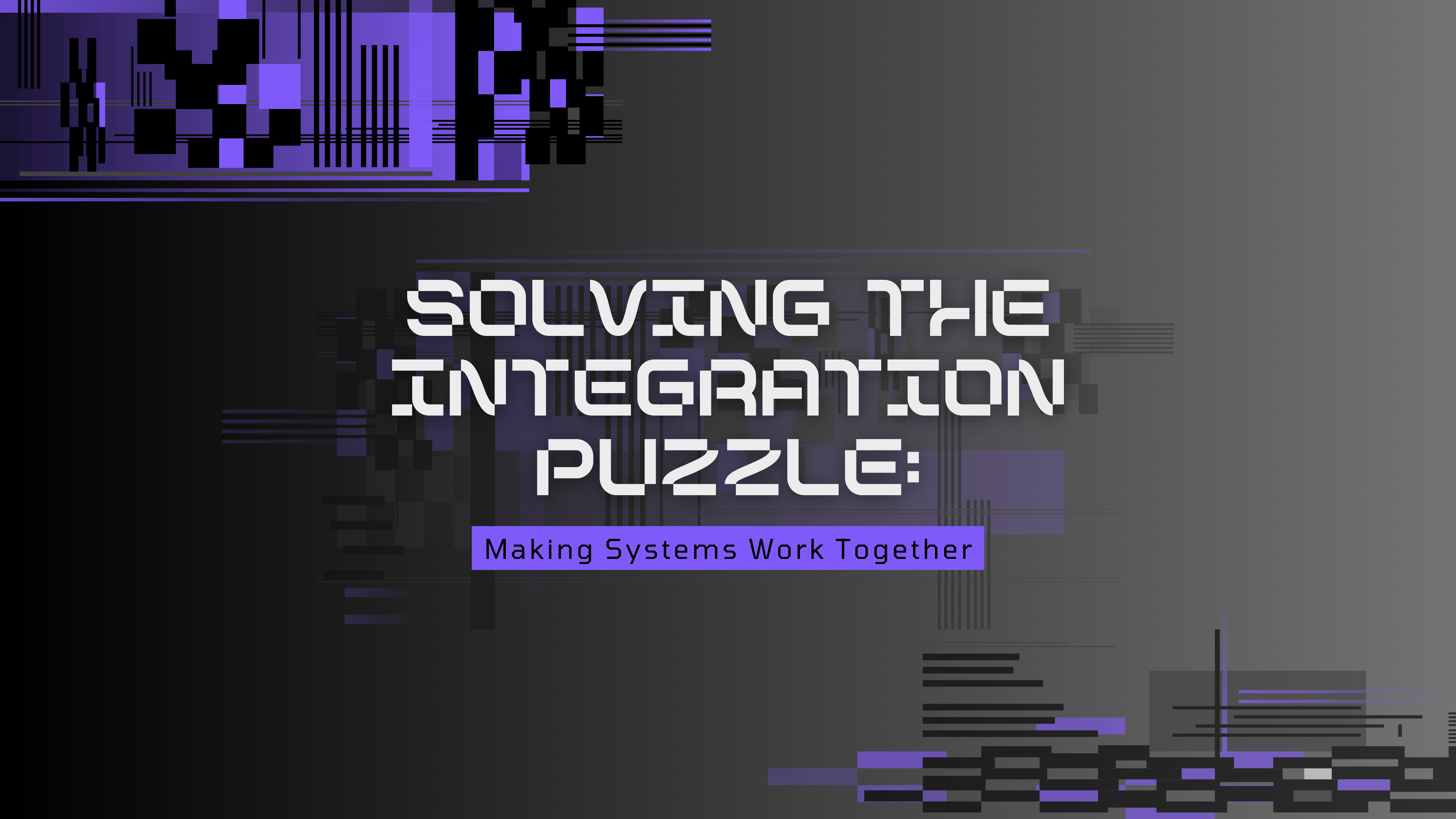The Rise of Remote Work Tech and Hybrid Infrastructure
A Global Shift in Work Models

The Rise of Remote Work Tech and Hybrid Infrastructure
The COVID-19 pandemic accelerated a paradigm shift in how and where people work. Around the world, organizations have embraced remote and hybrid models. At the start of 2020, only 8% of “remote-capable” jobs were fully remote. By mid-2024, more than 80% of such workers had some degree of remote flexibility. Roughly 55% were in hybrid setups, while 26% worked fully remote.
These numbers reflect a deep transformation. Many companies now blend office and home work, while employees increasingly expect flexibility. Productivity trends are mixed. Studies show that while workers save time and money on commuting, wage growth has not always kept pace with productivity gains. Companies, meanwhile, have cut costs on office space and utilities.
The Technologies Powering Remote and Hybrid Work
The global rise of remote and hybrid work is powered by a set of core technologies:
- Collaboration Platforms: Tools like Microsoft Teams, Google Workspace, Zoom, and Slack keep teams connected across time zones and geographies. Instant messaging, video conferencing, and shared file systems replicate much of the traditional office environment.
- Cloud Infrastructure: Services like AWS, Azure, and Google Cloud provide secure, scalable storage and applications. Workers can access data and software from anywhere.
- Virtual Desktops: Virtual Desktop Infrastructure (VDI) solutions such as Azure Virtual Desktop and VMware Horizon allow employees to log into secure workspaces remotely. This centralizes company data and enhances security.
- Cybersecurity: As remote work expands, cyber threats have grown. VPNs, multi-factor authentication, endpoint protection, and zero-trust architectures are becoming standard in many organizations.
Together, these technologies make it possible for teams to collaborate and remain productive regardless of physical location.
Workforce Trends and Productivity Post-COVID
The shift to remote and hybrid models has changed workplace dynamics:
- Productivity: Many employees report being more productive at home due to fewer office distractions and no commuting. Others struggle with virtual meeting fatigue.
- Engagement: Surveys reveal that most employees now expect remote options. Engagement is highest when workers get their preferred style, whether hybrid or fully remote.
- Workplace Design: Companies are redesigning offices as collaboration hubs. Hot-desking, meeting pods, and video-enabled rooms are replacing traditional cubicles.
- Coworking Spaces: Demand for coworking spaces is booming. Globally, the coworking sector was valued at about \$22 billion in 2024 and is projected to exceed \$25 billion by 2025.
Hybrid work is becoming the default model for many organizations, balancing employee flexibility with collaboration needs.
Remote Work in West Africa
In West Africa, the story is both promising and challenging.
- Nigeria: A 2024 report revealed that only 14% of Nigerian companies operate fully remotely, 31% follow hybrid models, and 55% remain on-site. The main obstacles are unreliable internet and digital fatigue.
- Ghana: Mobile money, fintech growth, and e-government services have paved the way for more digital adoption. Accra hosts several coworking hubs such as Impact Hub and Workshed Africa, which provide reliable internet and power for startups and freelancers. During the pandemic, Ghana’s government rolled out virtual public offices and digitized services such as tax filing and business registration.
Despite these advances, infrastructure challenges remain significant. Ghana still struggles with power outages, expensive data, and uneven broadband access. Surveys show that many businesses cite lack of digital culture and oversight concerns as barriers to remote work.
Public Institutions and Hybrid Models
Governments across the region are also embracing hybrid infrastructure. In Ghana, over 300 agencies have digitized parts of their operations. Services like license renewals, tax submissions, and business registration are now accessible online. Civil servants also use virtual collaboration platforms to maintain continuity when working from home.
These reforms are vital in ensuring that public services remain resilient, even when physical offices are disrupted.
Key Challenges in Developing Regions
Remote and hybrid work in developing contexts face unique challenges:
- Infrastructure Reliability: Frequent power outages and unstable internet disrupt workflows.
- Connectivity Gaps: Rural areas often lack broadband access, leaving many excluded.
- High Costs: Smartphones, laptops, and mobile data remain expensive for a significant share of the population.
- Skills and Culture: Digital literacy gaps and traditional management styles limit adoption.
These challenges highlight the importance of long-term investment in digital infrastructure, workforce training, and affordable connectivity.
Ghana’s Path Forward
In Ghana, hybrid work is no longer a luxury—it is becoming a necessity. Large corporations are adopting flexible schedules, startups are being built as remote-first companies, and government agencies are digitizing their operations. Initiatives such as the Ghana GROW program are training thousands in freelancing and online skills, ensuring that young professionals can tap into global remote work opportunities.
Companies like Ambitious Concern Limited are also part of this transformation. By combining in-person collaboration with remote flexibility, Ambitious Concern is able to serve clients across Ghana and beyond while staying agile and innovative. This approach reflects the broader opportunity for Ghanaian businesses: embracing hybrid models not only increases efficiency but also expands their capacity to compete in a digital-first global economy.
The way forward will require:
- Expanding affordable broadband and stable electricity
- Promoting digital literacy across all age groups
- Supporting coworking hubs and local innovation spaces
- Encouraging businesses to adopt secure cloud and collaboration platforms
With these measures, Ghana can harness remote and hybrid work not just as a stopgap solution, but as a driver of productivity and economic growth.
Fresh Perspectives, Timeless Wisdom Explore Our Latest Blog Edition
View AllJoin our newsletter to stay up to date on features and releases
Stay in the loop with exclusive updates, sneak peeks, and insider tips that will elevate your experience. Don’t miss out



